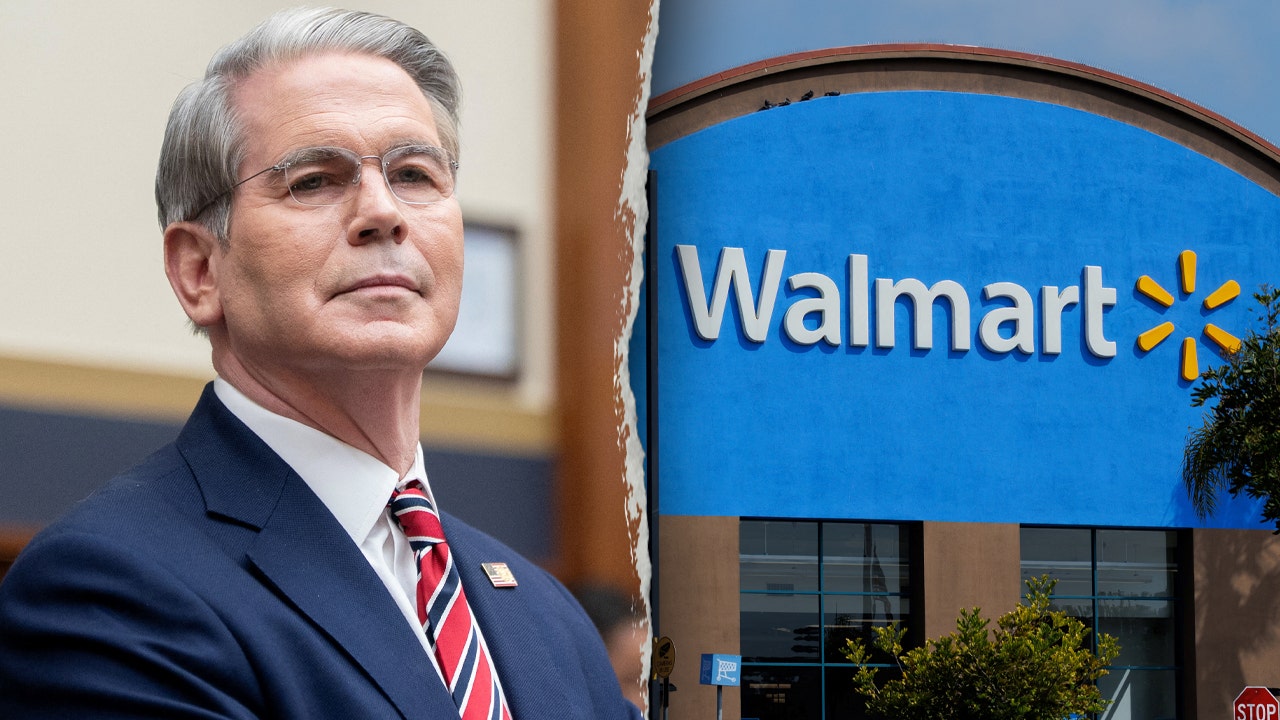Walmart May Raise Prices Due to Trump's Tariffs, Treasury Chief Admits
Treasury Secretary Bessent confirms Walmart may pass tariff costs to consumers, contradicting Trump's demand to absorb them.
Overview
Treasury Secretary Scott Bessent acknowledged that Walmart may indeed increase prices due to President Trump's tariffs, despite Trump’s insistence that the retailer absorb these costs. After speaking with CEO Doug McMillon, Bessent indicated that while Walmart will try to absorb some of the tariff costs, price hikes are likely. As inflation shows signs of easing, Bessent highlighted growing gasoline prices could affect consumer perceptions. This situation adds complexity to ongoing trade negotiations, with skepticism regarding Trump’s economic strategies persisting amid recent economic challenges.
Report issue

Read both sides in 5 minutes each day
Analysis
- Walmart may pass some tariff costs onto consumers due to pressures from narrow retail margins and increasing operational costs.
- President Trump has insisted that Walmart and China should absorb the costs of tariffs and avoid raising prices for shoppers, expressing oversight through social media proclamations.
- While inflation has been easing, concerns remain about the impacts of tariffs on pricing strategies for retail chains like Walmart, especially as they navigate ongoing trade negotiations.
Articles (9)
Center (3)
FAQ
Walmart's decision to raise prices due to tariffs will likely contribute to increased inflation in the short term, as higher costs are passed on to consumers. This is happening despite recent easing in some tariff rates, which may not fully mitigate the impact on consumer prices[1][2][4].
President Trump has publicly criticized Walmart for planning to raise prices due to tariffs, urging the company to 'eat the tariffs' instead of passing them on to consumers. This stance is aimed at keeping consumer prices low, but it contrasts with the practical challenges faced by retailers like Walmart[2][3].
Walmart will absorb some of the tariffs, but it will also likely pass some costs on to consumers, as the company faces narrow retail margins and high tariff levels, even after recent reductions[5].
History
- 6M

 5 articles
5 articles








